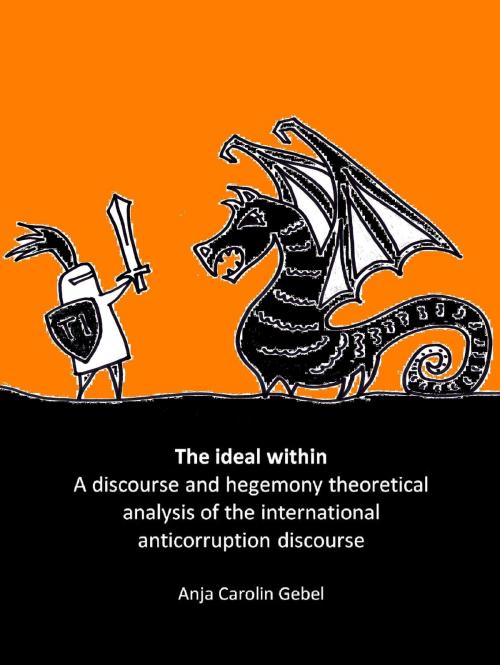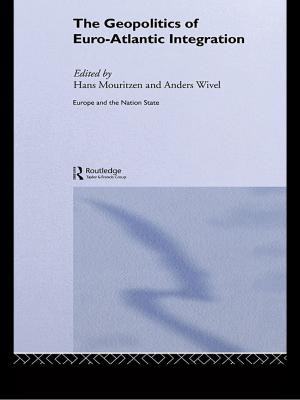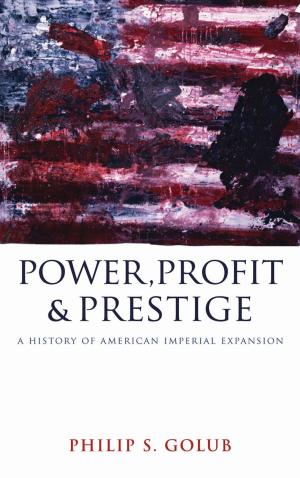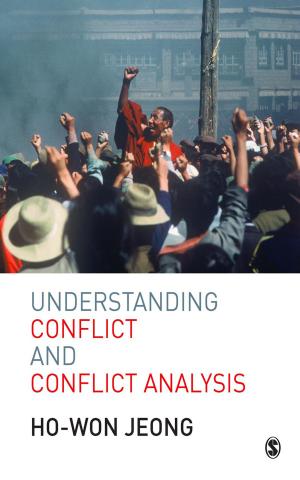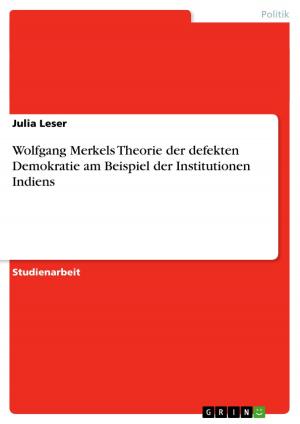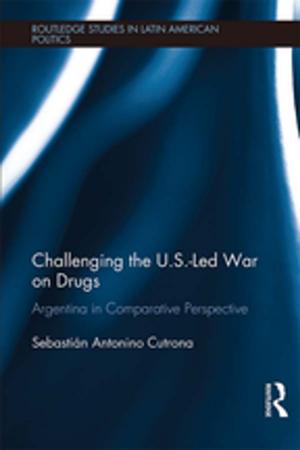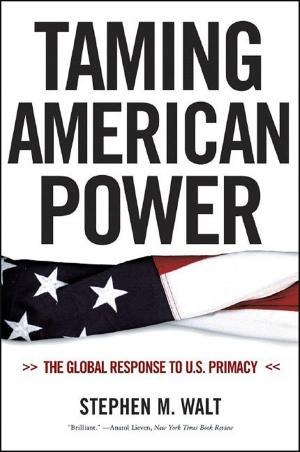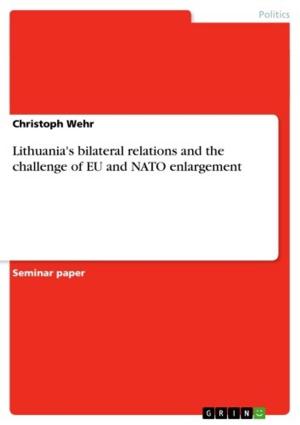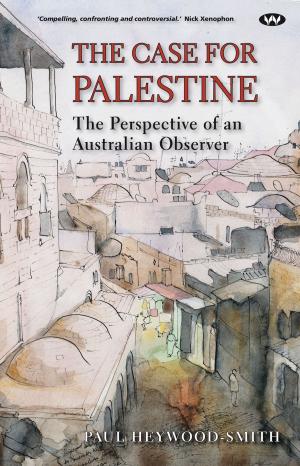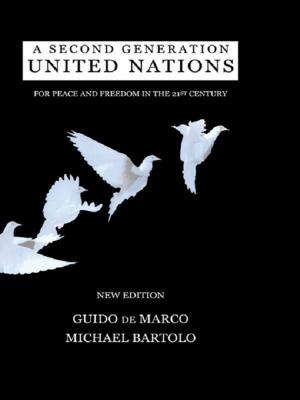The Ideal Within: A Discourse and Hegemony Theoretical Analysis of the International Anticorruption Discourse
Nonfiction, Social & Cultural Studies, Political Science, Government, Public Policy, International, International Relations| Author: | Anja Carolin Gebel | ISBN: | 9781301358748 |
| Publisher: | Anja Carolin Gebel | Publication: | September 8, 2013 |
| Imprint: | Smashwords Edition | Language: | English |
| Author: | Anja Carolin Gebel |
| ISBN: | 9781301358748 |
| Publisher: | Anja Carolin Gebel |
| Publication: | September 8, 2013 |
| Imprint: | Smashwords Edition |
| Language: | English |
During the past two decades fighting corruption became an important objective of manifold international and transnational actors. Yet this powerful international anticorruption agenda has so far avoided detailed scholarly scrutiny of the ways in which it potentially contributes to the construction and advancement of particular societal ideals. This thesis addresses this lack of systematic engagement by conducting a detailed empirical analysis of the international anticorruption discourse expressed in the form of anticorruption practices of the World Bank, Transparency International and the United Nations Development Programme on the strategic policy level. Adopting a post-Marxist discourse and hegemony theoretical perspective based on the work of Laclau and Mouffe, Nonhoff as well as Howarth and Glynos, it interrogates the international anticorruption discourse with regards to the kinds of societal ideals it constructs, the ways in which they are advanced, and the extent of consensus surrounding these ideals.
The thesis traces the surprisingly coherent ways in which the discourse is structured by a particular conception of human nature as self-interested and rational and centres on the manipulation of individual behaviour via institutional and cultural incentive structures. Importantly, it shows how this elevates the securing of governing processes that guarantee the stable pursuit of individual economic interests to the very purpose of societies. As the thesis demonstrates, this hegemonic project is expanded through the accommodation of a wide range of positively connoted concepts, anticorruption co-operations between powerful social actors, reliance on an objectivist kind of knowledge, and the elaborate construction of corruption as the enemy of a good society. While international anticorruption discourse is found to be broadly reflective of what can be called advanced liberal ideals of governing, the thesis enables an in-depth understanding of the manifold and complex discursive moves through which these particular ideals are constructed and advanced by the discourse.
During the past two decades fighting corruption became an important objective of manifold international and transnational actors. Yet this powerful international anticorruption agenda has so far avoided detailed scholarly scrutiny of the ways in which it potentially contributes to the construction and advancement of particular societal ideals. This thesis addresses this lack of systematic engagement by conducting a detailed empirical analysis of the international anticorruption discourse expressed in the form of anticorruption practices of the World Bank, Transparency International and the United Nations Development Programme on the strategic policy level. Adopting a post-Marxist discourse and hegemony theoretical perspective based on the work of Laclau and Mouffe, Nonhoff as well as Howarth and Glynos, it interrogates the international anticorruption discourse with regards to the kinds of societal ideals it constructs, the ways in which they are advanced, and the extent of consensus surrounding these ideals.
The thesis traces the surprisingly coherent ways in which the discourse is structured by a particular conception of human nature as self-interested and rational and centres on the manipulation of individual behaviour via institutional and cultural incentive structures. Importantly, it shows how this elevates the securing of governing processes that guarantee the stable pursuit of individual economic interests to the very purpose of societies. As the thesis demonstrates, this hegemonic project is expanded through the accommodation of a wide range of positively connoted concepts, anticorruption co-operations between powerful social actors, reliance on an objectivist kind of knowledge, and the elaborate construction of corruption as the enemy of a good society. While international anticorruption discourse is found to be broadly reflective of what can be called advanced liberal ideals of governing, the thesis enables an in-depth understanding of the manifold and complex discursive moves through which these particular ideals are constructed and advanced by the discourse.
